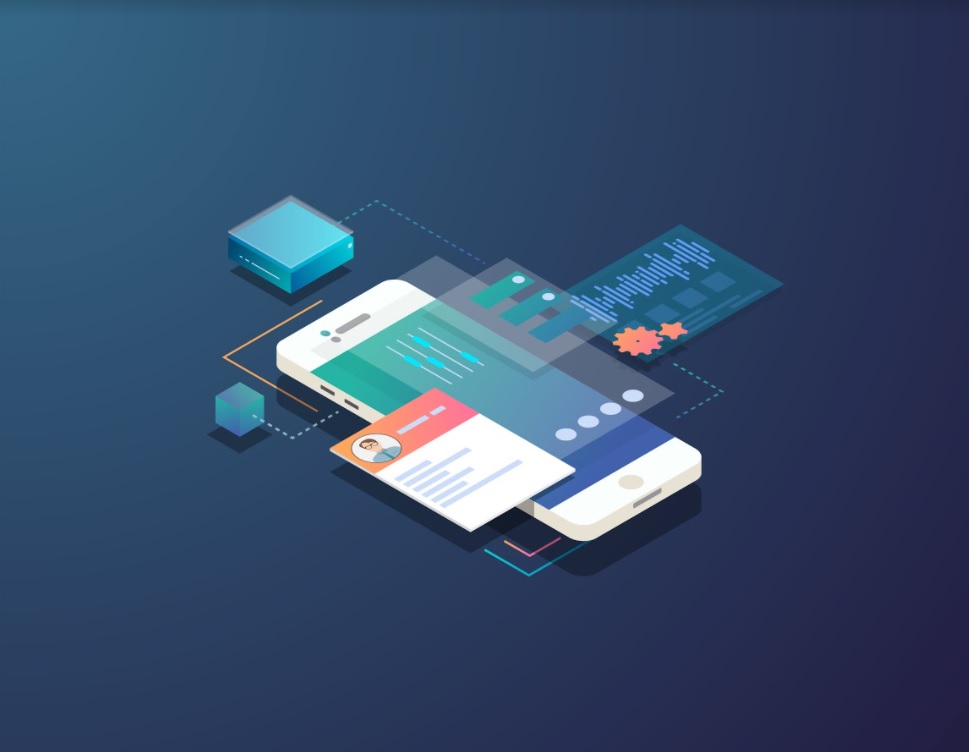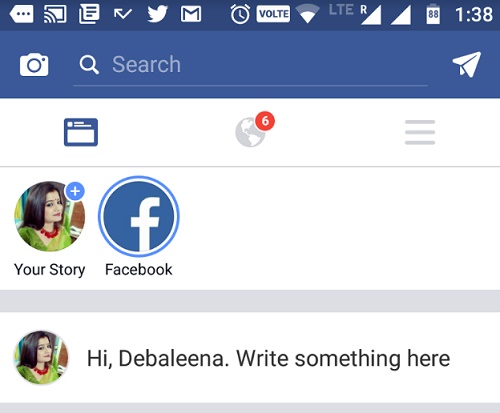Mobile apps seem to be taking the business industry by storm. People are talking about how mobile apps can help businesses generate more sales. Some also wonder if they can integrate mobile apps with their business information technology (IT) systems.
However, if you want to develop a mobile app, you have two options: a web app or a native app. You might have heard of web apps before, but what is a native app?
If you’ve been to the Apple App Store and Google Play Store, just remember that all of the applications you see there are native apps. Basically, native apps are those that you can install on your device. So, why should you build a native app instead of a web app?
This guide will show you the benefits of native app development to business owners, developers, and digital vendors.
- Necessities For Development Are All Over The Internet
Developer tools, common interface elements, software development kits—these are just a few examples of what you’ll need when developing a native app, or a mobile app, for that matter.
Fortunately, most of the time, the platform’s manufacturer usually provides these things. For instance, if you want to create an Android app, you can get these tools from Google. If you plan on building an iOS native app, you can go to Apple.
Either way, you can procure the things necessary for development quite effortlessly. Plus, it’s easier to develop native apps.

- There Are Fewer Bugs During Development
Usually, when you build a web app, you’ll have to use a cross-platform tool like Cordova and the likes, which can be extremely difficult if you don’t have much experience. After all, cross-platforms tend to have many dependencies, and these variables increase the likelihood of bugs,
Unfortunately, if you want to develop a web app, a cross-platform tool is a must, but that’s not the case for native apps. As previously said, Google or Apple will provide almost everything you need, so there’s no need to rely on a cross-platform tool for the development process.
- Native Apps Adapt To Operating System Updates
Most people think that when the device manufacturer releases an operating system (OS) update, developers will have to make adjustments with their apps, but that’s not true.
Since you’re practically using the manufacturer’s standardized software development kits (SDK) throughout the whole development process, the native app will automatically adapt to any changes within the operating system.
- Native Apps Are Responsive And Intuitive
Native apps are responsive—that’s common knowledge among app developers. However, what many people don’t know is that it’s also quite intuitive. More particularly, the design of native apps tends to inherit the operating system’s interface.
As such, most native apps will feel like it’s part of the device’s OS. For that reason, any operation you make within the app will feel more natural, which can also improve user experience, making it easier to turn your native app successful. On top of the appearance, native apps also inherit the operating system’s functions.
- They Can Tap Into The Operating System’s Features
Camera, music, calendar—these are a few examples of applications that will always be in a smartphone as they’re built-in operating system functions. If you plan on developing an app that is pretty much relevant to these functions, you might be better off building a native app. This is mainly because native apps can access an operating system’s function as their own.
For example, if you’re trying to create a music-streaming app, you’d want a way to connect to the device’s file manager. If you were to develop a web app, users would have to add the music into the browser manually. On the other hand, if you create a native app, your users can automatically play the songs within their phones even without adding them to the app.
Naturally, your users will choose the more convenient option over the other. Speaking of convenience, it’s also worth noting that most native apps can run offline.
- Offline Operation Is Possible
Web apps are, by definition, applications that use the internet. Hence, most web apps can’t operate offline, and this is where native apps come in.
Unlike web apps, it’s possible to open native apps and run them as you usually would without connecting to the internet, and you should know very well how convenient this can be. One more benefit of running an app offline is that cyber hackers can’t attack you.
- Native Apps Are Secure
If you’re not connected to the internet, hackers won’t be able to reach you. Simply put, by staying offline, you can still use native apps without any security risks, but that’s not the only reason why native apps are more secure than other types of applications.
If you’ve ever registered an app in any app store, you may notice that they tend to do security checks for your apps. They usually do this to prevent any app that will be prone to cyberattacks.
After all, if someone hacks into your application, the users will be the ones to suffer. Thus, the app store will help developers improve their application’s security. The same goes for the OS. Manufacturers such as Google and Apple will also help developers such as yourself further increase your application’s security level.
- You Can Reach A Lot More People
Which do you think is easier to find, native apps or web apps?
By now, the answer should be obvious. Since native apps are found on app stores, users will stumble upon your apps if they spend quite some time within the store. On the other hand, if you want people to see your web app, you’ll need to run advertisements.
In other words, you’ll have to spend money on the marketing of your web apps, but you don’t have to if you build a native app, although it would still help if you want to monetize your apps.
- Monetization Is A Piece Of Cake
Monetization is the dream of many mobile developers. In fact, most developers build apps because they believe they can make millions out of it, or at least they’re taking their chances. Either way, you should know that it’s easy to monetize native apps.
For instance, if you want to turn your app into a paid app, you can rely on Google Play Store or Apple App Store to do it for you. You simply have to register it as a paid app. However, if you want people to pay for your web apps, you’ll need to set them up yourself.
Creating a paywall, building a subscription-based system, finding a reliable payment gateway—these are just a few steps you’ll need to take to make it possible. No matter how you look at it, the monetization of native apps is much easier.
Wrapping Up
People tend to think that building an app requires a substantial financial investment, but that’s not always the case. In fact, making a native app, in particular, requires minimal investment. After all, you can get almost everything you need from the platform. Perhaps that’s the reason there are more native apps than there are web apps.







Leave a Reply